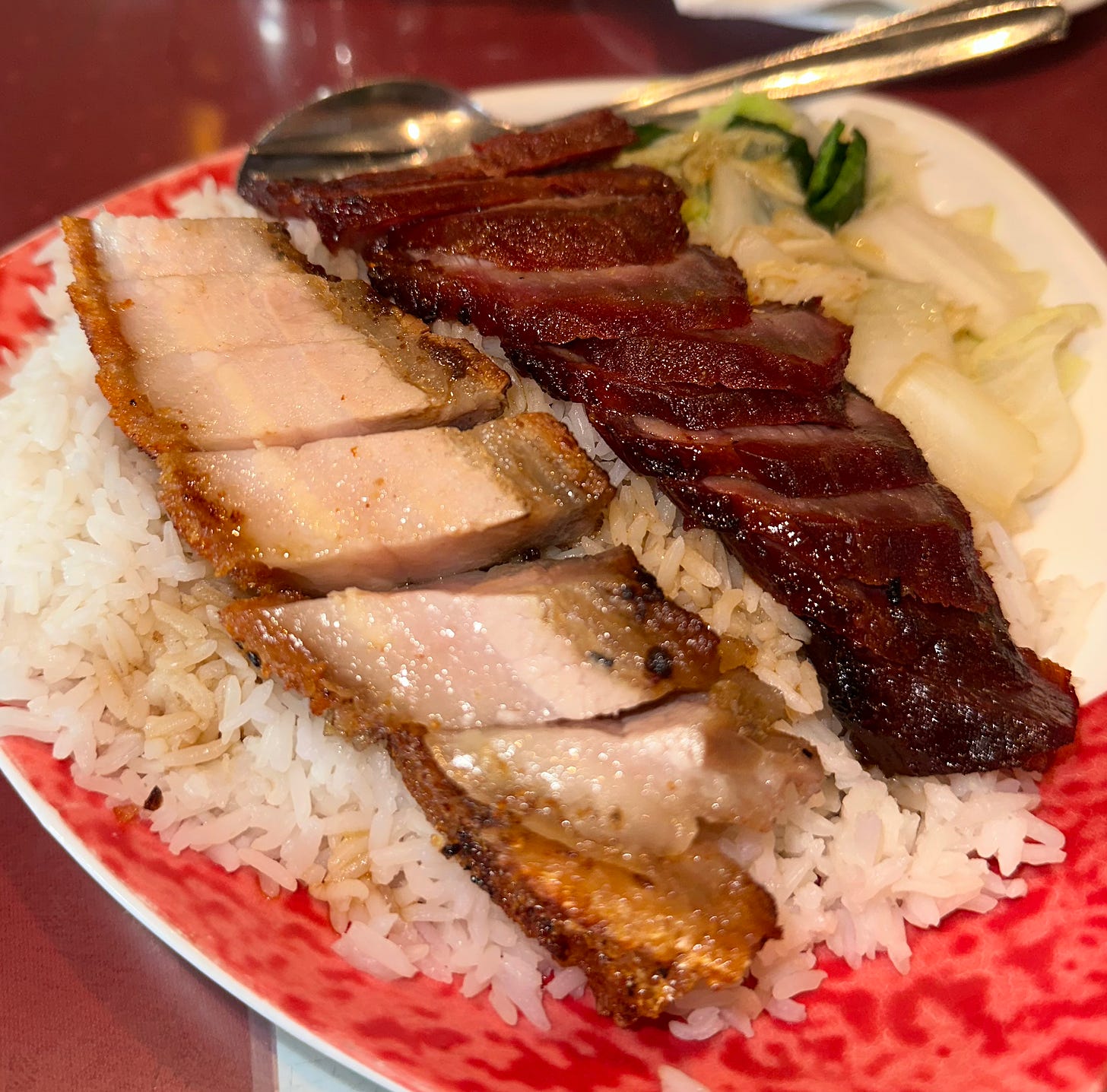
I moved to Berlin exactly one week ago.
I’m living in the Neukölln neighborhood, a large and sprawling district in the southeastern side of the city. One friend describes Neukölln as “the part of town rich people think is sketchy”. Another describes it as “somewhere you could choose to never leave if you really wanted to” – simply because everything you may possibly want can be found in this borough: parks, restaurants, bars, grocery stores and flea markets. Neukölln is big, and my little corner of it is a particularly interesting mix of dichotomies: it’s an incredibly gay neighborhood, and yet also very Muslim. Walk a few blocks south and you hit Sonnenallee, the start of a predominantly Arabic area, filled with halal restaurants and of course doner kebab shops. I think it’s lovely.
A few days ago we passed a young couple sitting outside a cafe. They were hunched over in serious conversation: the book Polysecure lay on the table in front of them, and they held what looked like their respective notes on the book in their hands.
This, my friend joked, was the quintessential picture of Berlin, boiled down into one scene. Polyamory (or at least, ethical non-monogamy) seems to be the norm here. I realized recently that a city’s bookstore mainstays can offer a good glimpse into its culture, and I have never seen more books on sex/non-monogamy than in Berlin. “There’s just so many distractions,” one friend pined. “Everyone’s young… and hot.”
I mean, I could see where she was coming from. But I wondered – why was the non-monogamous culture so much more prevalent than, say, New York City – a similarly free-spirited city that also draws young people from all around the world?
“It’s the culture of Berlin,” she explained. “All that free love shit – there’s no stigma against non-monogamy and being what society would call ‘slutty’”.
“Berlin,” she added, “is the city where you can be anything you want to be.”
I can’t help but wonder if the non-monogamous culture of Berlin is human nature at its base, unrestrained form. We know from history it was only when Christianity swept across the world in the post-Roman Empire era that ideas such as marriage and monogamy became core tenets of (Western) society. The non-religiousness of Berlin, I think, has to play a major factor in all this – over 60% of Berlin residents have no religious affiliation, compared to a mere 24% in New York City. This is a drastic difference in numbers.
So does polyamory really ‘work’? Marriage, monogamy – I’ve always been skeptical of these institutions, but I’ve never been completely sold on polygamy as an alternative either. All I can say is I’m curious to learn more.
Why are Germans so good at ordering Chinese food?
One of the very first things I do whenever I move to a new city is to find a Cantonese restaurant I like. I can’t help it – I’m a Hong Kong boy at heart, and I need my 叉燒燒肉飯 (char siu & grilled pork over rice) to give me a little slice of home.
Anyway, I found a spot over in West Berlin and of course I was hungrily checking out what everyone else had ordered while I waited for my food.

I quickly realized that Germans actually know how to order Chinese food. These people were eating dishes that I would actually order for myself – 咕噜肉 (sweet and sour pork), Chinese spinach, even 酥炸鮮魷 (fried squid). Keep in mind that 1) the majority of the restaurant clientele were non-Asian Germans, and 2) Chinese culture isn’t very prevalent in Berlin – we don’t have a Chinatown here, and the main Asian immigrant population is Vietnamese.
To imagine white people ordering this stuff in America is pretty unfathomable. So why do Germans have better taste in Chinese food? It wasn’t because the menus had pictures of each dish, or additional descriptions: the dish names were the classic Chinese-to-English, somewhat vague translations. If anything, the translations were pretty subpar: 乾炒牛河 was translated as rice paste with beef (paste?? what?) rather than the expected beef chow fun.
My initial conclusion, for now, is that it’s because bastardized (Americanized) Chinese food isn’t really offered here. How can you order General Tso’s chicken and kung pao chicken when it isn’t even on the menu? If Berliners want Chinese food, they have to deal with a normal, traditional Chinese menu, and they’ve figured out over time what they like and what they don’t. Adapt and survive – Chinese Darwin would have been proud.
Note: these are first impressions.




